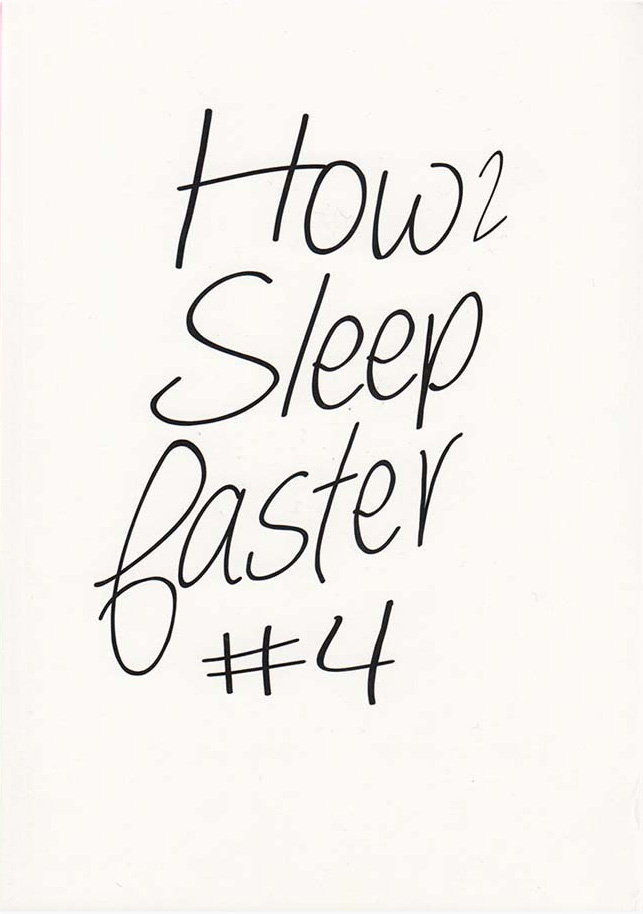Hannah Black
Hannah Black

Tuesday or September or the End
During a residency on Fire Island, artist and writer Hannah Black decided to tackle a highly daunting project: the 2020 novel.
The result of her efforts, Tuesday of September or the End, is a slim, playful work of speculative fiction. Written in the aftermath of the early months of the pandemic and the uprisings of summer 2020, the novel explores the ruptures of the year with a satirical sci-fi bent. Black chronicles the lives of two characters, Bird and Dog, as they contend with rapidly changing political possibilities during the pandemic while the run of Moley Salamanders (i.e. Bernie Sanders) concludes and aliens finally invade earth. Through a galvanic vision of how the riots of 2020 might have turned revolutionary, Black offers a meditation on collective life. This crucial novel invites readers to consider who we are—and, by extension, what we are here for—when our normal referents are muted, deleted and upended.
Hannah Black (born 1981) is a New York-based visual artist, critic and writer from Manchester, England. Her work spans video, text and performance and draws from communist, feminist and Afro-pessimist theory. She is the author of Life (2017, with Juliana Huxtable) and Dark Pool Party (2016). Black is represented by the gallery Arcadia Missa in London and Isabella Bortolozzi in Berlin.
And more

Second Sex War
Sidsel Meineche Hansen, Robert Leckie
Stemming from a series of works by Sidsel Meineche Hansen, this monographic catalogue offers a range of perspectives on urgent issues around gender, sexuality and labour in the digital age.
This book orbits “Second Sex War”, a series of works by Sidsel Meineche Hansen addressing political and ethical questions arising from the use of digital bodies in contemporary visual culture and the means of production and distribution for these commodities. Realising that the same avatars are used across the pornographic, gaming and cultural industries, she investigates the working conditions and relationships that structure these fields. Through numerous essays and conversations, Second Sex War, the book, emphasises her collaborations with various practitioners (animators, musicians, writers) and the way they have inflected her practice. Media theorist Helen Hester (author of the Xenofeminist manifesto) reflects on the limitations of the porn industry and the use of female avatars. Artists collective Radclyffe Hall talks to photographer Phyllis Christopher about early lesbian erotica magazine in the 1980s. Linda Stupart compiles quotes by Sara Ahmed, Kathy Acker and Ursula K. Le Guin to consider what is radical sex today. Artist Hannah Black's contribution, which opens the publication, reads like a manifesto for artists being crushed under the weight of current political circumstances.
Edited by Sidsel Meineche Hansen and Robert Leckie.
Texts by Robert Leckie, Hannah Black, Helen Hester, Phyllis Christopher & Radclyffe Hall, Linda Stupart, Josefine Wikström. Entretiens with Helena Vilalta, James B Stringer, Melika Ngombe Kolongo (Nkisi) by Sidsel Meineche Hansen.

Journal for music, politics and poetics #2
Developed over the past year and a half, Cesura//Acceso Issue 2 contains new writing by Paul Abbott, Hannah Black, Nathaniel Mackey, Larne Abse Gogarty, Verity Spott, Irene Revell with Annea Lockwood, Paul Rekret, and Federica Frabetti with Mark Fell.
Issue 2, in response to the open call Corrupting Desires! Technique, Performance, and Control Cesura present a series of texts which deal with the problems of constraint, restraint and domination in relation to musical production, performance and reception. With contributions from Abject Subject Ensemble (Mattin, Farahnaz Hatam, Sacha Kahir, and Colin Hacklander), Naroder Bourniki, ESW, Danny Hayward, Sophie Hoyle, Sacha Kahir, Pil and Galia Kollectiv, Claire Potter, Byron Peters and Tyler Coburn, David Morris and Kim O'Neil.
Cesura was formed in 2014 as a place to think through the politics of music. The first issue was published in 2014. They have since held workshops, talks, radio shows, and put on gigs exploring the politics of music, poetry and performance.

How to Sleep Faster 4
With the fourth issue of How to Sleep Faster we asked our contributors four interconnected questions: What now is a radicalised, networked, subjectivity? How can we build a commons through and from this subjectivity? Is it self-critical in its understanding of the ‘we’ it talks for? And lastly, how do, and how must, these subjectivities engage with globalised material realities?
At root, the exploration of these ideas — as connected themselves – is about a critique of readings of the network through Multitude. We are looking to think beyond immanence, and look to something else, by asking what ‘something else’ is, or could be.
Contributors: Megan Kelly Rooney, Eleanor Weber, William Kherbek, Hannah Black, Harry Sanderson, Georgina Miller, Paul Kneale, Candice Jacobs, Aimee Heinemann, Ann Hirsch, Harry Burke, Rosa Aiello, John Bloomfield, Maja Malou Lyse (Boothbitch), Holly White, Martina Miholic, Felix Petty, Huw Lemmey, Julian Molina, Rachel Schofield Owen, Charlie Woolley, Jesse Darling, KERNEL.
Rozsa Farkas, Tom Clark (eds).